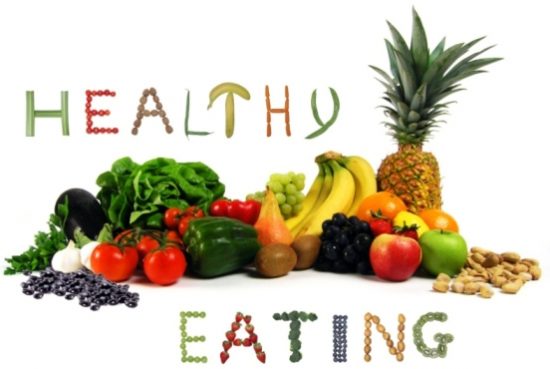What goes into the human body has a huge impact on how well the body performs and functions as a whole. We all know that a healthy diet will lead to longevity and that the more natural the sources of food are, the easier it is on our bodies to process them. Studies are finding now that even food dyes used can have a huge impact on child development. How about the eyes specifically though? We all know about the carrot myth – they provide vitamins the eyes utilize but by no means will they improve our vision. However, there are actually certain foods that are better for our eyes than others.
 Lutein and zeaxanthin are carotenoids (pigments) utilized by the eye that act as antioxidants to guard the retina from the damaging effects of free radicals. The body cannot naturally produce lutein or zeaxanthin, so it is important that we supply the body with them by consuming foods that contain them regularly. Foods that contain lutein and zeaxanthin are the dark green leafy vegetables such as: spinach, kale, romaine lettucs, mustard greens, turnip greens, and collard greens. Other foods include green beans, peas, broccoli, corn, papaya, eggs, and oranges. For individuals at risk or diagnosed with macular degeneration, these nutrients are increasingly important to reduce the chance of developing or controlling macular degeneration. Lutein and zeaxanthin are utilized in the macula to block harmful blue-light from reaching the deeper layers within the retina and causing light-induced oxidative damage.
Lutein and zeaxanthin are carotenoids (pigments) utilized by the eye that act as antioxidants to guard the retina from the damaging effects of free radicals. The body cannot naturally produce lutein or zeaxanthin, so it is important that we supply the body with them by consuming foods that contain them regularly. Foods that contain lutein and zeaxanthin are the dark green leafy vegetables such as: spinach, kale, romaine lettucs, mustard greens, turnip greens, and collard greens. Other foods include green beans, peas, broccoli, corn, papaya, eggs, and oranges. For individuals at risk or diagnosed with macular degeneration, these nutrients are increasingly important to reduce the chance of developing or controlling macular degeneration. Lutein and zeaxanthin are utilized in the macula to block harmful blue-light from reaching the deeper layers within the retina and causing light-induced oxidative damage.
Other sources of antioxidants include vitamin C, vitamin E, vitamin A, selenium, and zinc. The eye specifically uses lutein and zeaxanthin as antioxidants, where as those listed above are sources that the rest of the body can use as well. Generally, these vitamins are found in foods with naturally bright colours – especially orange, yellow, red, and dark green fruits and vegetables.
 Omega-3 fatty acids are utilized by the body to produce new cells, muscles, nerves, and organs. In the eye specifically, they have proven to reduce inflammation related to dry eyes and reduce the risk of developing macular degeneration. However, studies have shown that the source of the omega-3 fatty acids is important. Improved effectivity was obtained when the source was natural vs. a supplement. Newer studies are also high-lighting the importance of omega-3 fatty acids in infant vision development. Infants who either received omega-3 fatty acids after birth or via their mother’s in utero had significantly better visual acuities compared to those who did not receive omega-3 fatty acids.
Omega-3 fatty acids are utilized by the body to produce new cells, muscles, nerves, and organs. In the eye specifically, they have proven to reduce inflammation related to dry eyes and reduce the risk of developing macular degeneration. However, studies have shown that the source of the omega-3 fatty acids is important. Improved effectivity was obtained when the source was natural vs. a supplement. Newer studies are also high-lighting the importance of omega-3 fatty acids in infant vision development. Infants who either received omega-3 fatty acids after birth or via their mother’s in utero had significantly better visual acuities compared to those who did not receive omega-3 fatty acids.
Overall it is pretty easy to obtain these nutrients via a regular healthy diet whether you’re thinking about them specifically or not. There is only a lack of these substances when a person’s regular diet is not inclusive of healthy ingredients. What’s healthy for the body is also healthy for the eyes. It is not important for a person to single out eye health specifically if they are already healthy to begin with. It is only individuals that are at-risk or have macular degeneration that may want to consider additional nutrients via supplements. If you have any questions about what specific eye vitamins we would recommend, feel free to drop by and ask our optometrist.


